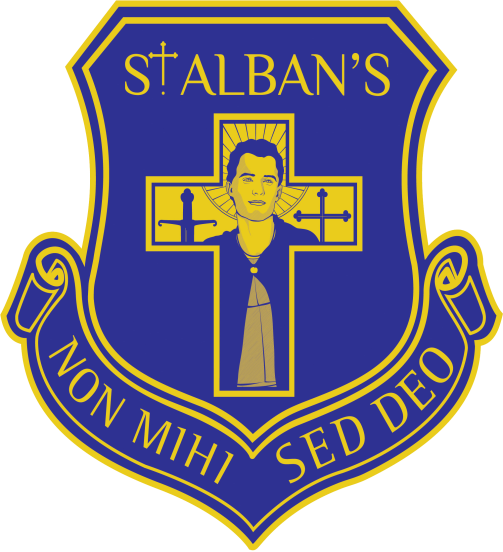Welcome to year 3
Introduction:
Welcome to a brand new, exciting school year!
Below is some key information that you might need to refer to as the year progresses. Please feel free to contact me via email or call to the front office rather than at the end or start of the day and I will get back to you.
Please click here to access the Year 3 Welcome Sway
The Year 3 Team
Miss Jones
This terms Caritas Curriculum Learning
Year 3 Finding out from fossils Year three zooms into the past with a Pebble in their Pocket as they discover how fossils and rocks were formed in science and start to discover what makes a successful community. Through learning about the early communities in the stone age children consider the important features of a community, including their geographical locations linking them to where main cities int eh UK are now. Using charcoal in art we create the drama of life in the stone age through our own cave creations. We create our own simple music, learning notation on glockenspiel's and singing a final piece in the form of reggae music a form that developed out of changing communities. Finally like the stone age people of the past, year 3 begin to solve problems and logic through the use of scratch in computing.
y3 findings out from fossils knowledge organiser.pdf
Year 3 Caritas Learning Overview
Homelearning
Homelearning
Your child will be getting spelling, maths and topic-based home learning tasks. These can be completed in their homelearning books or on Teams. They will be set on a Wednesday and expected to return their home learning book by Tuesday to get work for the following week.
This half term, we will be learning about the fossils. Please do see the new Knowledge Organiser for our new topic Finding out from Fossils. Please choose 1 activity per week to complete from the home learning menu. They do not have to be done in any particular order. Be as creative as you like with your learning. I look forward to seeing all the fantastic work the children produce.
Please also complete the Abacus Activity online or the paper copy.
Each week, as a part of their home learning, children will be expected to learn a set of spellings which they will be quizzed on Wednesday of the following week. The weekly spellings are based on the Year Three and Four National Curriculum spelling list. Children should be encouraged to look for and learn spelling patterns in these words and other words. Please practise these regularly at home. It is more beneficial to work on spellings in short bursts; 5-10 minutes every day, rather than longer sessions. It is also very helpful to encourage your child to learn the meanings of these words (and other unfamiliar words) as well as helping them to develop their ability to apply these in context by writing a few sentences.
Home learning is actively celebrated within our class and house points are rewarded for completion and effort. If there are other activities linked to our topic or extra – curricular activities your child would like to share with their peers, please bring to school or send an email via: admin@ourladyoffatimatrust.essex.sch.uk
P.E.
Year 3 P.E lessons are on Mondays and Thursdays. Please ensure your child has the correct PE kit in school and will change into their PE kits at school. Make sure that your child's name is on all of their kit. Please ensure that your child has the correct indoor and outdoor kit, as the weather gets colder. Earrings must be taken out before PE lessons, either by the parent or the child. Staff are not permitted to do this.
Other Helpful Hints
Reading
Please ensure that your child reads daily. It is expected that children are heard to read at home for at least 10-15 minutes a day. They should be reading a variety of fiction and non-fiction books. It is important that they read to an adult/older sibling as often as possible. Please encourage your child to ask and to answer questions about their book and encourage them to give opinions about the book. Reading diaries must be signed by an adult each time they read at home.
Water Bottles
Our water fountains are currently switched off, so it is essential that children bring to school a bottle of water and take home their bottles at the end of the day. They can refill their bottles throughout the day.

